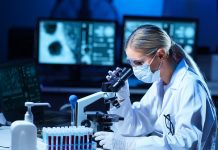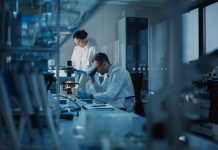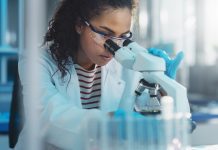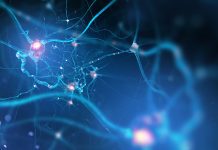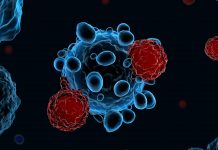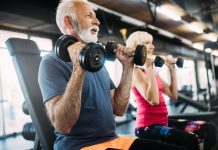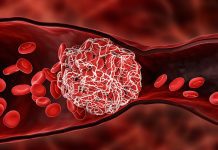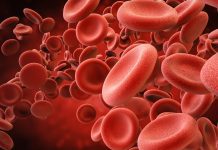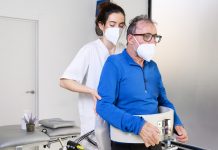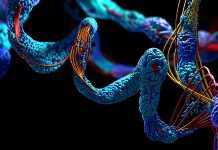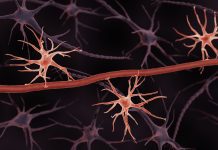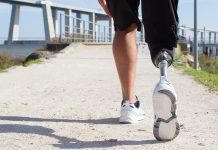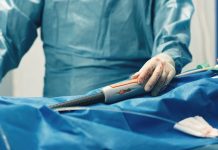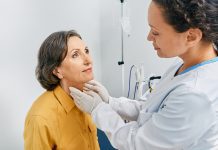Health Research Related News
Chiesi: Advancing partnerships to tackle urgent health challenges
Chiesi is collaborating with the Karolinska Institutet to advance solutions for urgent health challenges through research and innovation.
The missing ingredient in sunscreen that minimises sun skin damage
A discovery by the University of Bath illuminates a key ingredient missing from sunscreen products that can better protect against sun skin damage.
Research has...
Chiesi Group forges alliance with Karolinska Institutet to tackle urgent health challenges
The landmark collaboration will accelerate research and development initiatives for respiratory diseases, rare diseases, diseases of prematurity, and other speciality care indications. One of...
Can reducing social media use improve health and well-being?
Health Europa looks at how reducing your social media use can boost your health and happiness.
The rapid proliferation of social media in recent years...
Our Future Health: UK’s largest health research project reaches one million volunteers
Our Future Health – the largest ever health research programme in the UK – has announced its millionth volunteer has signed up to the project.
A boost for NervGen’s spinal cord injury trials
Following the success of its phase I clinical trial, NervGen will initiate a phase Ib/IIa trial as early as Q3 this year to demonstrate...
Understanding how T cells fight chronic infections
Researchers from the University of Basel have discovered how immune cells can fight chronic infections over long periods of time.
When the body is subjected...
Resistance training can improve sleep quality and help manage sarcopenia
According to new research, regular resistance training can help improve sleep quality in older people, reducing inflammation caused by sarcopenia.
Sarcopenia is the term for...
High BMI in childhood increases the risk of blood clots in later life
According to research from the University of Gothenburg, being overweight in childhood is a significant risk factor for blood clots in later life.
Researchers examined...
Vitamin B5 could be the key to improving myelodysplastic syndrome care
Vitamin B5 could improve the production of red blood cells in myelodysplastic syndrome patients, according to new research from Queen Mary University of London.
Researchers...
Using AI to predict the onset of ALS disease
Researchers from the University of Bielefeld have developed new Artificial Intelligence (AI) methods which can accurately predict the development of ALS in disease.
ALS disease...
Researchers find the proteins responsible for chronic metabolic diseases
New research from Queen Mary University has found hundreds of proteins that may cause chronic metabolic diseases, such as type 2 diabetes and kidney...
A new artificial blood-brain barrier model could end animal testing
Researchers from Uppsala University have developed an artificial blood-brain barrier model that can determine the efficacy of anti-body-based therapies and reduce animal testing.
Protein-based biopharmaceuticals,...
How to improve functional mobility after below-knee amputation
Strengthening hip muscles could be key to improving mobility in people with a below-knee amputation, according to research from the University of Birmingham.
Millions worldwide...
Low-intensity exercise reduces the risk of sarcopenia in older adults
As little as ten minutes of low-intensity exercise per day can reduce the risk of sarcopenia in older adults, according to research from Örebro...
How a protein found in foetal development can prevent acute leukaemia
Researchers have identified a protein present in foetal development that has a strong prophylactic effect against acute myeloid leukaemia (AML).
During the foetal stage of...
Researchers find social disparities in aortic aneurysm treatment
Researchers from the University of Sheffield have found evidence of socioeconomic disparities in abdominal aortic aneurysm survival rates.
According to the study titled ‘Socioeconomic disparities...
Why diagnostics for head and neck cancer needs to change
Researchers say patients who have head and neck cancer caused by the human papillomavirus (HPV) should be tested twice to ensure the best treatment...
Understanding how intracranial pressure causes glaucoma
Researchers have found evidence that intracranial pressure plays an important role in the development of glaucoma, creating a pathway for new treatments.
A recent study,...
Low oestrogen can alter the way the body responds to exercise
A study from the University of Jyväskylä has found that low oestrogen can affect the body’s systemic signalling in response to exercise.
Menopause is associated...


